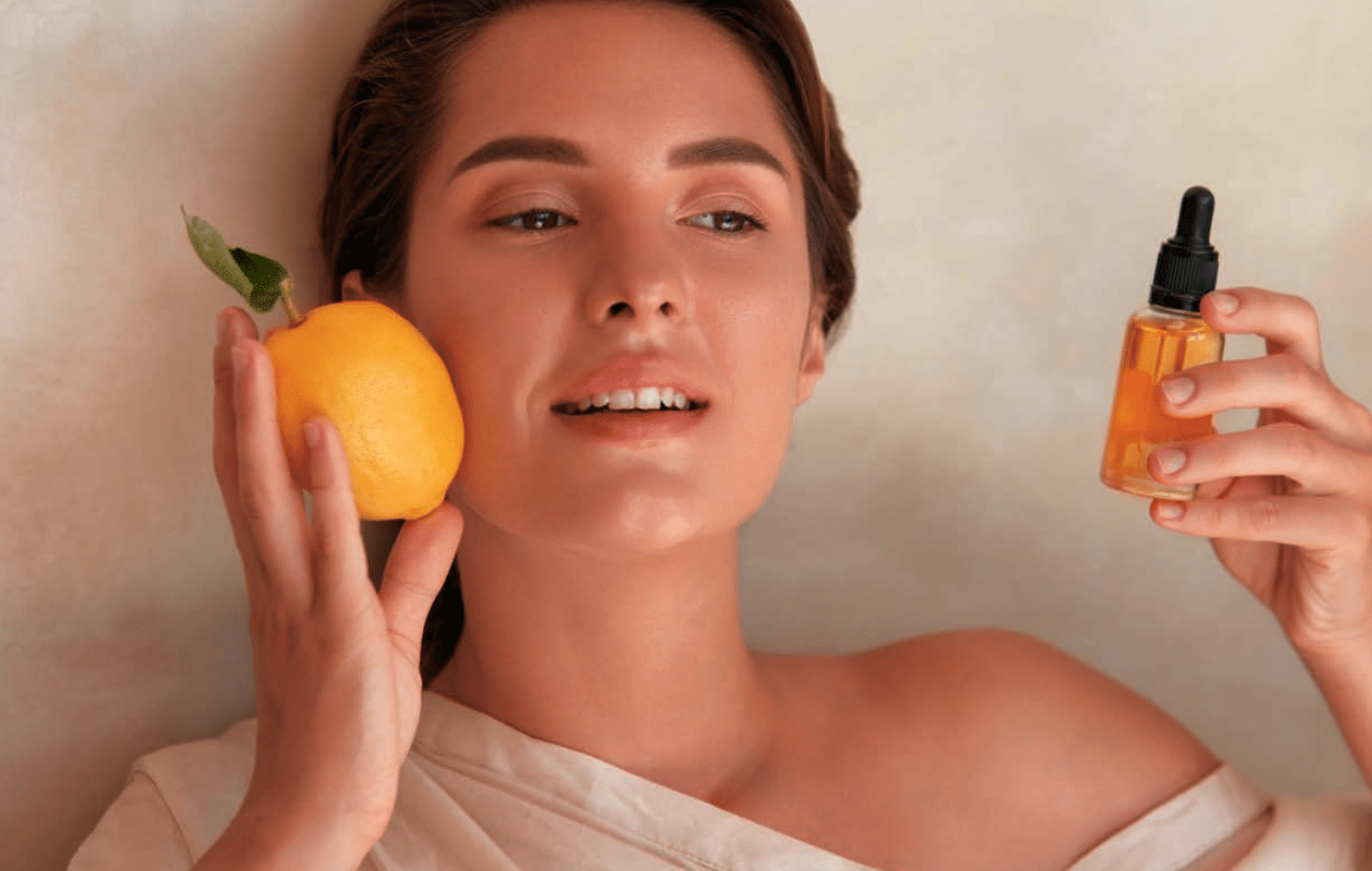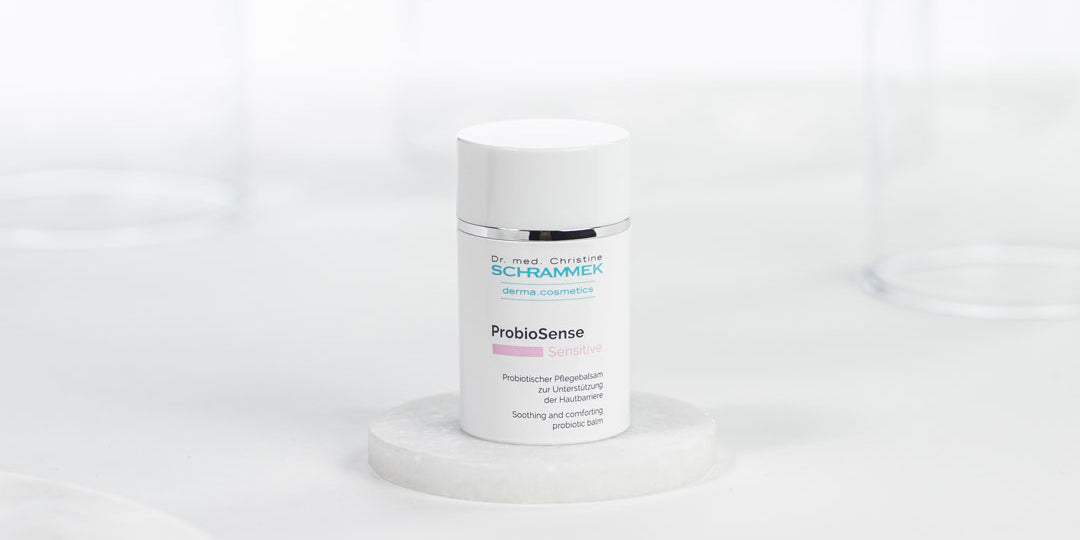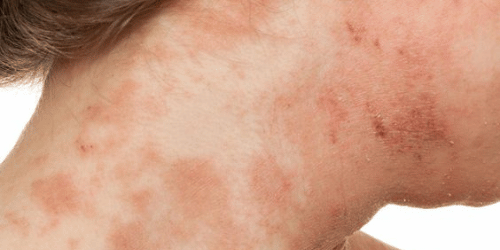8 Vitamins for the Skin

Vitamins are essential organic compounds that play a role in various metabolic reactions. In the area of skin care, all vitamins have specific functions, but there are eight in particular that stand out in maintaining vital skin.
Each vitamin has specific functions, but only some can be synthesized by the body. For example, adequate sun exposure is essential for the internal synthesis of vitamin D. The body can also produce niacin from the amino acid tryptophan, found in foods such as nuts. Vitamins are categorized into fat-soluble (A, D, E and K - EDEKA) and water-soluble (B complex and vitamin C).
1.
VITAMIN A (RETINOL)
This vitamin, considered the gold standard in anti-aging approaches, plays a crucial role in skin vitality. Retinoic acid, its most biologically active form, acts as a natural antioxidant, promoting the renewal of the outermost layer of the skin and stimulating the production of new skin cells. This results in the improvement of deep wrinkles, hyperpigmentation and skin elasticity. However, retinoic acid is a prescription medication and cannot be used in cosmetic products.
Cosmetically, retinol or its equally effective derivatives are used. These substances are converted to retinoic acid only in the skin. The clinical effectiveness of vitamin A and its derivatives is extensively researched and proven in numerous studies, especially in relation to its smoothing and anti-wrinkle effects.
In addition to stimulating cell renewal, vitamin A also promotes the production of elastin and collagen fibers, essential for tissue support. This prevents and reduces wrinkles, leaving the skin visibly smoother.
However, its exceptional effectiveness comes with some disadvantages: In product formulations containing vitamin A, it is crucial to note its instability to oxygen. Furthermore, its use can cause skin irritation, especially if it is not used to the active compound. Therefore, it is common to experience redness, dryness or peeling initially. It is suggested that the skin gradually adapt to the use of the compound.

two.
VITAMIN D (CALCIFEROL)
Vitamin D is one of the essential vitamins for health. It is fat-soluble and can be obtained through food, but unlike most other vitamins, it can also be produced by the body through exposure to ultraviolet radiation.
Vitamin D is a hormone (the body's biochemical messenger) with several functions. Among the most important are the regulation of calcium metabolism, the strengthening (mineralization) of bones and the support of the immune system.
In the area of cosmetic skin care, vitamin D is prohibited as an ingredient and does not play a relevant role.
3.
VITAMIN E (TOCOPHEROL)
This fat-soluble antioxidant, present in the lipophilic portion of cell membranes, has the primary function of protecting against free radicals, molecules capable of damaging cells. Although the skin has internal protective mechanisms, its repair capacity is limited. When there is an excess of free radicals, significant damage occurs to cell membranes, leading to visible aging of the skin. The antioxidant action of alpha-tocopherol is well studied. In routine skin care, vitamin E is used to smooth skin texture, improve moisture retention, promote the formation of new skin cells and protect against damage caused by UV radiation. Clinical studies recommend combining vitamin E and C for more effective antioxidant protection.
4.
VITAMIN B3 (NIACINAMIDE)
This very popular ingredient is highly versatile, being used from combating acne to anti-aging care, playing a fundamental role in the skin's metabolism.
Its action accelerates cell renewal and stimulates collagen production, making niacinamide especially valuable for mature skin, improving its elasticity and effectively reducing wrinkles. This effectiveness has been proven in studies.
Additionally, niacinamide strengthens the skin barrier, reducing transepidermal water loss (TEWL), which is especially beneficial for dry skin. It also demonstrates effectiveness in treating irregular pigmentation, lightening the skin by inhibiting the transport of melanosomes to the superficial layers. Additionally, it can help control redness and excessive sebum production, being useful in cases of oily and acne-prone skin.

5.
VITAMIN B5 (PANTOTHENATE)
This compound is a vitamin precursor that is converted to pantothenic acid in the skin. It is involved in regenerative metabolic processes in the skin and is widely and successfully used in topical (external) treatment.
Vitamin B5 improves the skin's moisture retention capacity and promotes its elasticity and smoothness. Furthermore, it stimulates the formation of new cells (epithelialization) in the context of wound healing. It also relieves itching and inflammation common in sensitive skin.
6.
VITAMIN B7 (BIOTIN)
Formerly known as vitamin H, where the "H" indicates its importance for hair and skin. Like all B vitamins, biotin helps the body convert food into energy and is involved in the metabolic processes of fats, proteins and carbohydrates.
It plays a crucial role in providing nutrients to the hair roots and stimulates keratin production, making it increasingly popular in hair care products and especially scalp care! Deficiencies, on the other hand, can result in hair loss. Additionally, biotin is an important component for healthy, vital skin as well as strong nails.
7.
B12 VITAMIN
Vitamin B12 is largely found only in foods of animal origin, where it is concentrated in the liver and kidneys. Deficiencies can therefore occur in vegetarians and vegans, but can be compensated for with supplements or non-animal sources such as Spirulina maxima algae. Vitamin B12 is crucial for the production of red blood cells, the protection and regeneration of nerve cells and the formation of DNA.
8.
VITAMIN C (ASCORBIC ACID)
Vitamin C is one of the most studied anti-aging methods for maintaining vital skin, combining several proven actions to reduce skin aging.
It has been proven to activate collagen synthesis, whiten the skin by inhibiting tyrosinase and has a strong antioxidant action. This vitamin stimulates the increase in elastic fibers and collagen in connective tissue, improving skin texture, smoothing wrinkles and reducing skin roughness, also promoting elasticity and reducing fine wrinkles.
Furthermore, its whitening action treats irregular pigmentation in the skin, while its antioxidant action protects skin cells against damage caused by free radicals and light. It also strengthens capillaries, which is advantageous as we age.
However, vitamin C is sensitive to oxygen and light, requiring stabilization measures, such as the use of chelators and pH regulation, and the use of stable vitamin C derivatives is recommended.
Discover the Beauty Elements line where you can find the elements that support what is necessary for the active prevention of signs of aging.
Lines > Beauty Elements
Authors: 
Source: https://www.beauty-forum.com/




